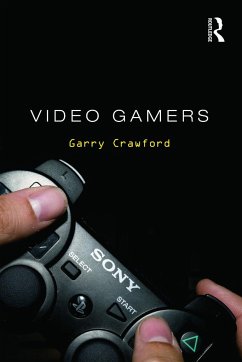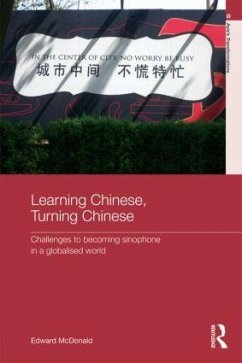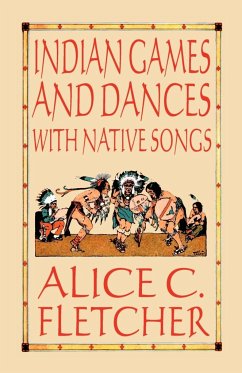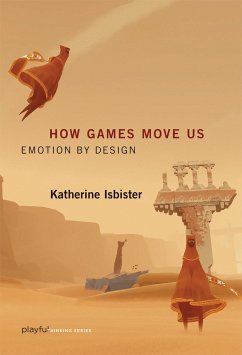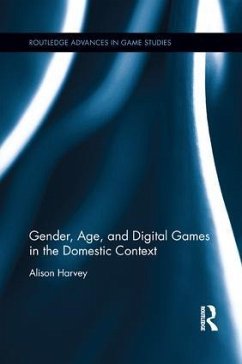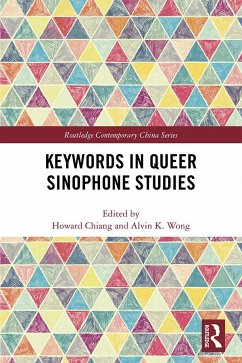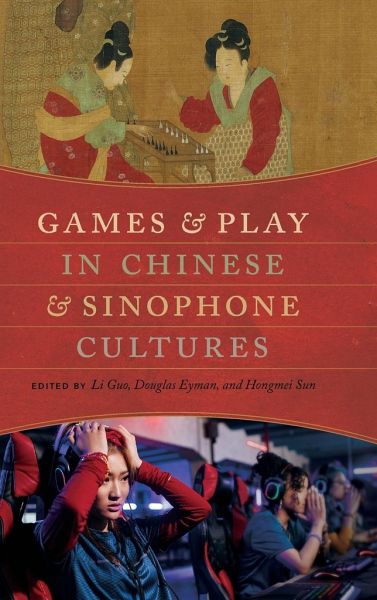
Games and Play in Chinese and Sinophone Cultures

PAYBACK Punkte
58 °P sammeln!
From ancient gameboards to Honor of Kings , games as cultural agents Games as global and connected phenomena have been examined in the rising scholarly field of game studies, but relatively little has been published on the history of games and gaming in China. Weiqi (a.k.a. Go), one of the world's oldest board games, originated in China; a variety of Chinese card, dice, board, sport, and performance games have been developed over the millennia; and China is quickly becoming a major player in the contemporary digital game industry. In exploring games and practices of play across social and hist...
From ancient gameboards to Honor of Kings , games as cultural agents Games as global and connected phenomena have been examined in the rising scholarly field of game studies, but relatively little has been published on the history of games and gaming in China. Weiqi (a.k.a. Go), one of the world's oldest board games, originated in China; a variety of Chinese card, dice, board, sport, and performance games have been developed over the millennia; and China is quickly becoming a major player in the contemporary digital game industry. In exploring games and practices of play across social and historical contexts, this volume examines representations of gender, class, materiality, and imaginations of the nation in Chinese and Sinophone contexts, while addressing ways in which games inhabit, represent, disrupt, or transform cultural and social practices. Both analog and computer games are represented in analyses that draw connections between the traditional and the modern and between local or regional and higher-order economic, cultural, and political structures. Among the topics explored are rock carvings of board games, weiqi cultures, scholars' and courtesans' games, gambling, games based on literature, video-game politics, and appropriation of Chinese culture in video games. The open access publication of this book was made possible by a grant from the James P. Geiss and Margaret Y. Hsu Foundation.



